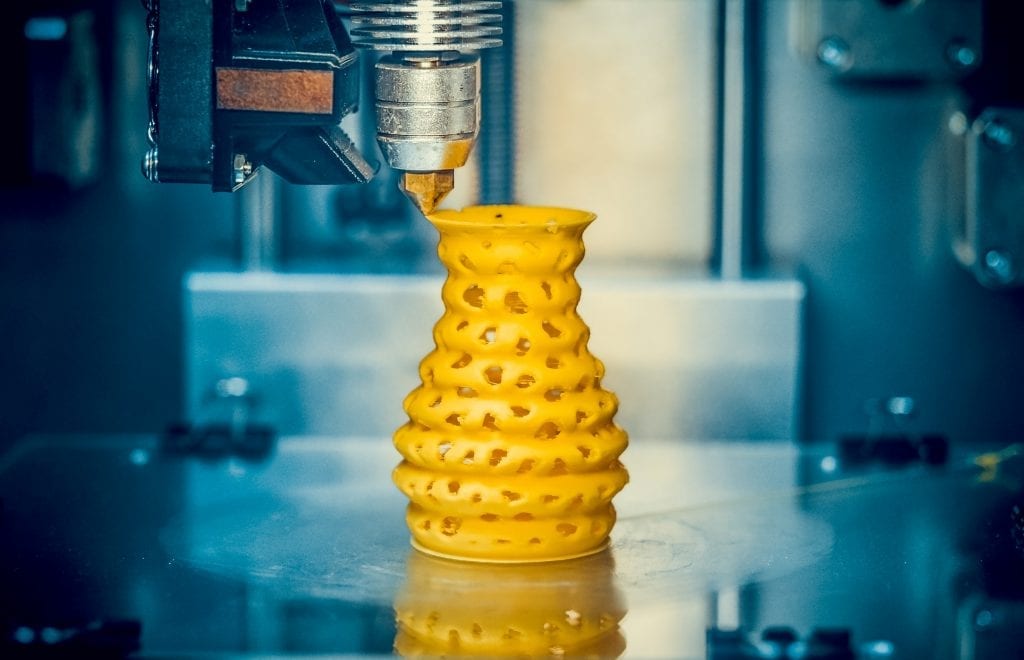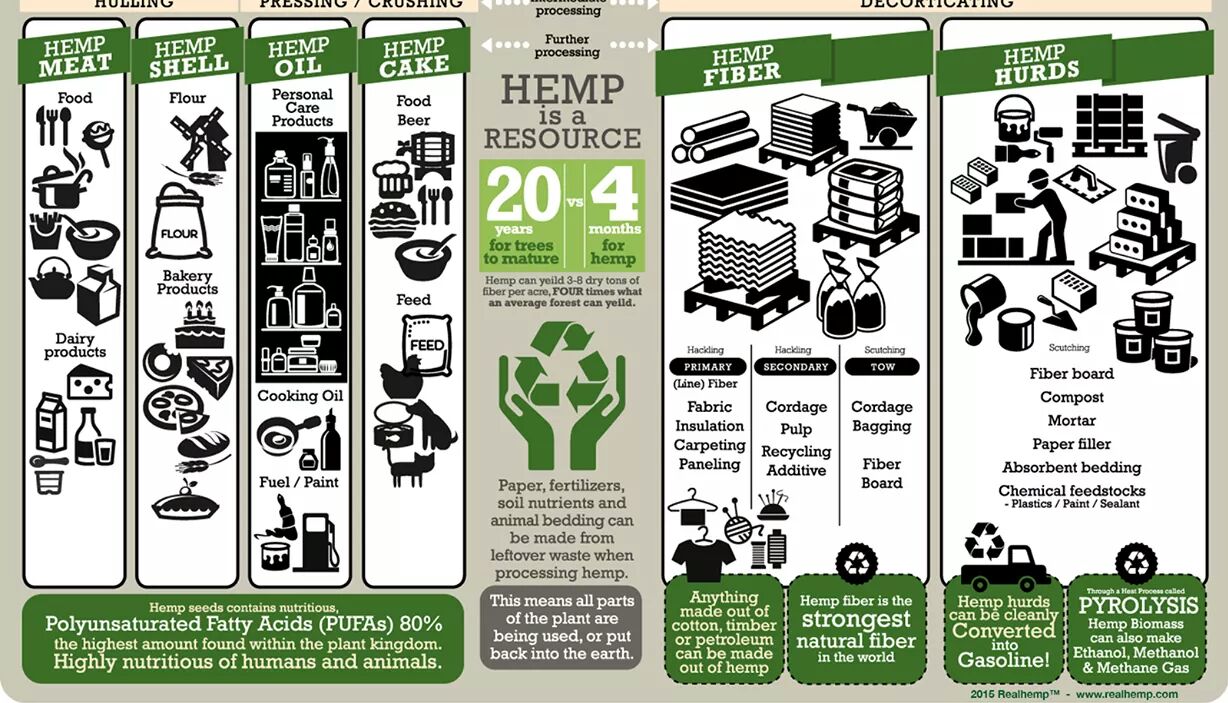
In a world increasingly concerned about sustainability, new solutions are constantly being developed. One of the most promising is hemp 3D printing. Hemp is a renewable, biodegradable, and versatile material that can be used to make a wide range of products, from clothing to construction materials. When combined with 3D printing technology, it has the potential to revolutionize the manufacturing industry and reduce waste and emissions.
===The Power of Hemp: A Sustainable Material
Hemp is a plant that has been cultivated for thousands of years for its fibers, seeds, and oil. It is a sustainable material that can be grown without the use of pesticides or fertilizers, and it requires less water than other crops. Hemp fibers are also strong, durable, and lightweight, making them ideal for a wide range of applications. In addition, hemp is biodegradable, which means that it can be broken down by natural processes and does not contribute to pollution.
===3D Printing: A Game Changer for Sustainability
3D printing is a manufacturing process that allows objects to be created by adding layers of material, one at a time. This technology has the potential to revolutionize the manufacturing industry by reducing waste, energy consumption, and emissions. 3D printing allows products to be made in a more precise and efficient way, using only the exact amount of material needed. This technology also enables the creation of complex geometries that would be impossible with traditional manufacturing techniques.
===How Hemp 3D Printing Can Reduce Waste and Emissions
When hemp is combined with 3D printing technology, it has the potential to reduce waste and emissions even further. Hemp can be used as a feedstock for 3D printers, which means that it can be turned into filaments that can be used to create a wide range of products. This process is more sustainable than traditional manufacturing methods, as it requires less energy and produces less waste. Hemp 3D printing also allows for the creation of lightweight and durable products that can last for a long time, reducing the need for replacements.
===Innovative Applications of Hemp 3D Printing
Hemp 3D printing has the potential to be used in a wide range of industries, from fashion to construction. In the fashion industry, hemp 3D printing can be used to create sustainable and biodegradable clothing and accessories. In the construction industry, hemp 3D printing can be used to create lightweight and durable building materials. Hemp 3D printing can also be used to create medical implants and prosthetics, as well as automotive parts and aerospace components.
A Sustainable Future with Hemp 3D Printing
Hemp 3D printing is an exciting new technology that has the potential to revolutionize the manufacturing industry and reduce waste and emissions. By combining the sustainable properties of hemp with the efficiency of 3D printing, we can create a more sustainable future. Hemp 3D printing can be used in a wide range of industries to create innovative and sustainable products. As we continue to develop new solutions for sustainability, hemp 3D printing will undoubtedly play an important role in creating a more sustainable and eco-friendly world.





